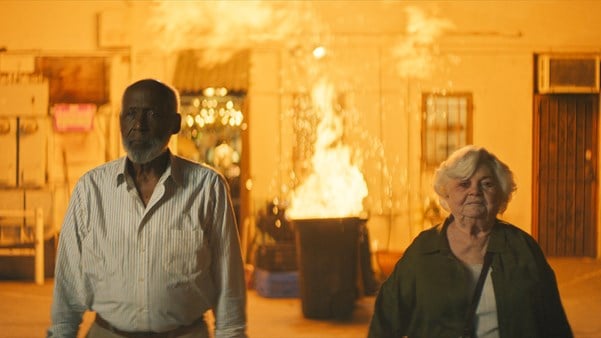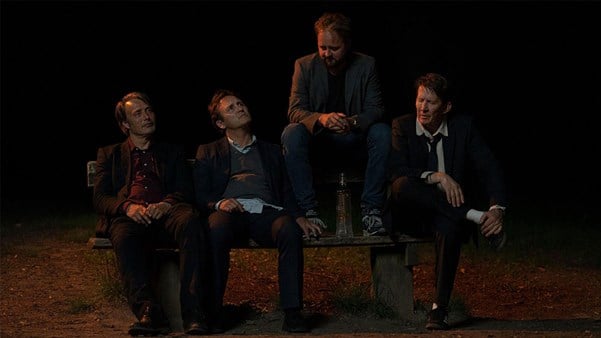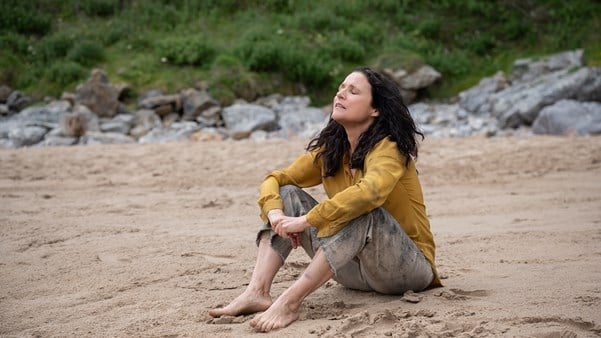With Jason Schwartzman’s instructor learning a thing or two from his mentee in his new faith-based drama, Victoria Luxford explores the porous line between teacher and student in cinema, from Educating Rita to Good Will Hunting.

In Nathan Silver’s Between the Temples, Jason Schwartzman plays Ben, a cantor at a New York synagogue who is in a rut. The death of his wife a year ago has disconnected him from his faith such that he can no longer perform his duties singing at temple. He reunites with Carla (Carol Kane), his former primary-school teacher who he now teaches in preparation for her bat mitzvah. As their lessons progress, Carla’s gift for being present and embracing life teaches Ben there may be hope after all. The comedy is a warm, hopeful embrace that uses the teacher-student dynamic as a means for its characters to grow. That bond has been the basis for many great stories in cinema and, just like Carla, the students can often end up imparting a few lessons of their own.
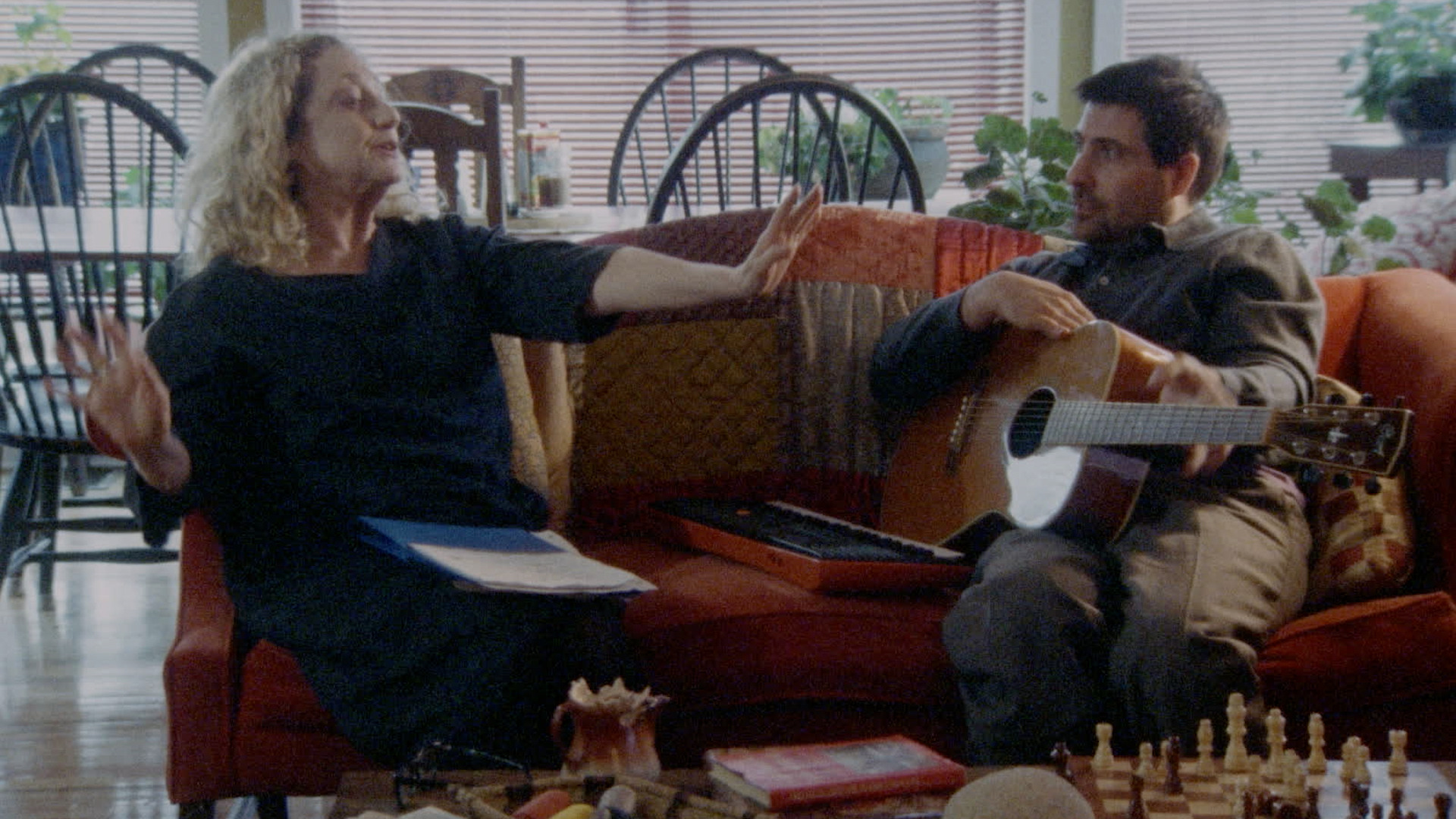
Modern New York may be far removed from Liverpool in the Eighties, but British classic Educating Rita (1983) treads a similar path. Michael Caine stars as Frank, a disillusioned, alcoholic professor who has lost his passion for his work as a poet. He flatly rejects new student Rita (Julie Walters), a working-class hairdresser assigned to him for a literature course. She convinces him to teach her, but while he opens a door to new words and ideas for Rita, her sharp wit and enthusiasm makes him look at the world differently.
That is, until their paths diverge, and Frank is the one needing assessment. Rita has less time for Frank’s tutorials, and even less patience for his self-pity. Frank confronts her at her workplace, and Caine and Walters don’t look each other in the eye until moments of honesty. After several bitter protestations by Frank, Rita points to the drink in his hand and snaps, ‘If you could stop pouring that junk down your throat, in the hope that it’ll make you feel like a poet, you might be able to talk about things that matter... And it might actually be worth turning up.’
Director Lewis Gilbert frames the actors so that the room’s wine wall is positioned between them, a symbol of what has torn their friendship apart. Frank then angrily challenges Rita to write ‘an assessment of a lesser known English poet – me’. With nothing left to teach Rita, Frank reveals a vulnerable side of him, the poetry he had abandoned, in an effort to be seen. Throughout the story, Rita’s lesson for Frank had been to embrace the complications of life rather than run from them. Her ‘assessment’, then, becomes his final exam.
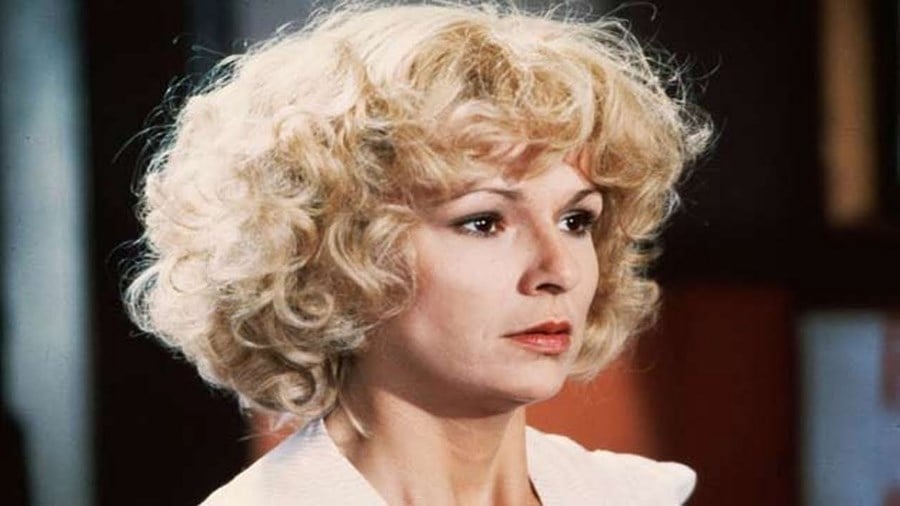
Educating Rita (1983)
Another story of a working-class student wrestling with social ascent is the 1997 Oscar-winning drama Good Will Hunting. Matt Damon plays Will, a troubled maths genius who is spared jail time in exchange for agreeing to study with a professor who sees something in him. As part of the deal, he’s paired with therapist Sean (Robin Williams), a widowed professor who seeks to teach him about life in a different way. Of the many philosophical duels the pair have, it’s the subject of risk that leaves them both on the ropes. Sean challenges Will, saying he will never have anyone special to share life with if he continues to only focus on what might go wrong. In this scene, there’s no music to embellish the moment, and director Gus Van Sant pulls his camera in closer and closer as the questions become more bruising.
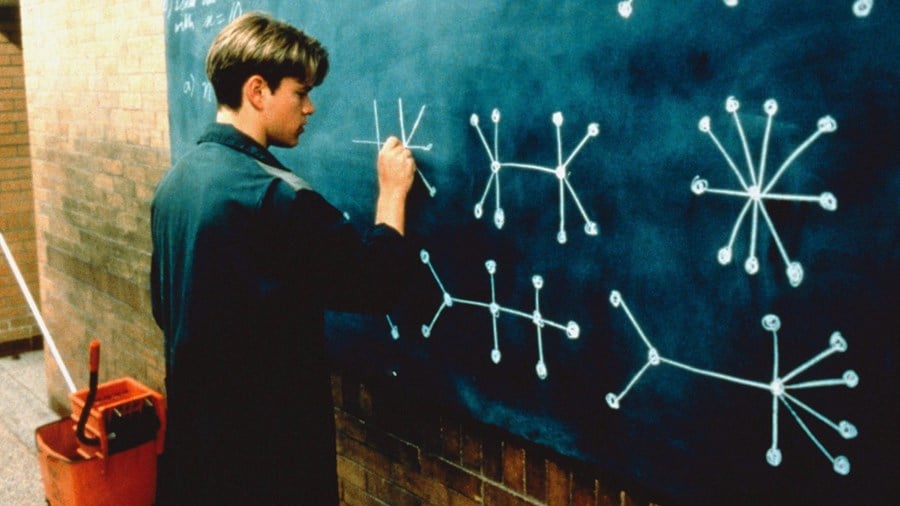
Good Will Hunting (1997)
Reacting angrily, Will accuses Sean of ‘cashing in his chips’ after his wife’s death. ‘Some people lose a big hand like that and have the sack to ante up again,’ he rages. We now see the parallels between teacher and student, as Sean retreats and tells Sean to leave. It’s a defence mechanism, but it rattles Sean, with his broad stance reduced to something more vulnerable as he hunches over his desk to clean his glasses. For much of the film, Williams is a soft-spoken, tough-love mentor to Will, but in this moment, we see a man who is just as afraid of risking his heart, and has been called out for it. The lesson is learned by the end, with Will taking a job that fulfils his potential, and Sean revealing he’s going to travel, referencing Will’s earlier metaphor by saying he wants to ‘put his money back on the table and see what kind of cards I get’.
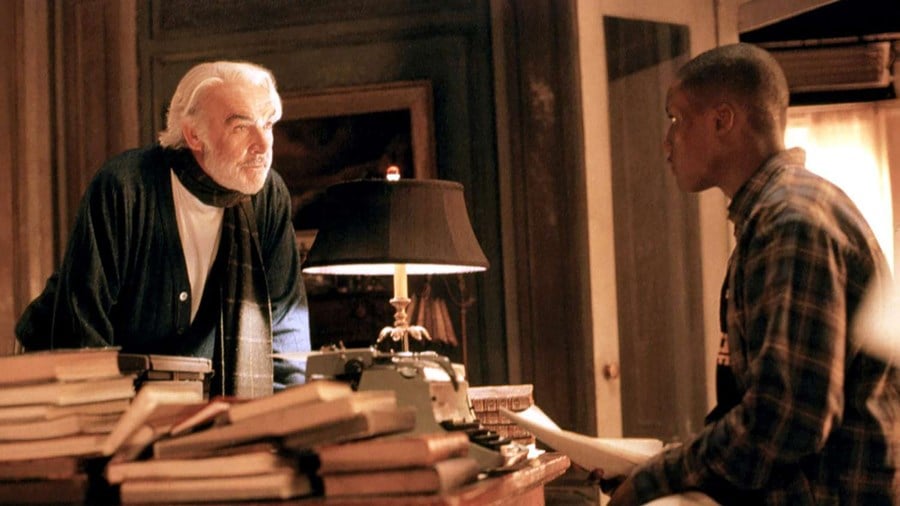
Finding Forrester (2000)
In a less hostile way, 2000’s Finding Forrester portrays a student using his mentor’s teachings to confront his grief. Jamal (Rob Brown) is a promising student from the Bronx whose gift is nurtured by William (Sean Connery), a celebrated novelist who went into hiding after his first book. Jamel takes William to his favourite baseball field for his birthday, prompting the older man to confess why he never wrote again: guilt over his brother’s death, and resentment that his career distracted him from his family’s needs.
Having spent much of the film towering over Jamal, surrounded by the books and history of his cramped apartment, William suddenly feels more exposed standing on the mound of the pitch, looking around at the dirt rather than his student’s eye as the dark secret of his past comes out. It’s a powerful moment from Connery, who softens his imposing presence, but also a quietly brilliant response from Brown. Pausing thoughtfully, the mentee responds ‘the rest of those who have gone before us cannot steady the unrest of those to follow’, a famous line from William’s book. Quietly, William walks away, not in disapproval, but in tacit acknowledgement that he too had something to learn.
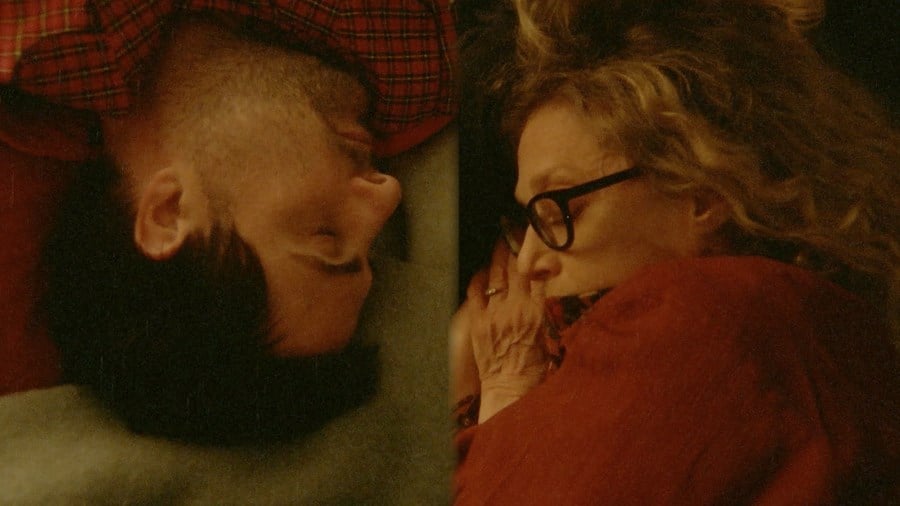
Between the Temples (2024)
Ben would certainly see some parallels in Sean and William’s situation, feeling that the loss of a loved one has led him to simply wait out the time he has left in isolation. However, it’s his own unique bond with Carla – something in between romantic and platonic – that gives him the comfort he needs to consider starting again. The joy of Between the Temples is the lesson that only so much of life can be discovered in a classroom. If we stick too rigidly to what we think we know, we miss out on the people and perspectives that can open life up for us. In that sense, we can all be both teacher and student at the same time.
WATCH BETWEEN THE TEMPLES IN CINEMAS


